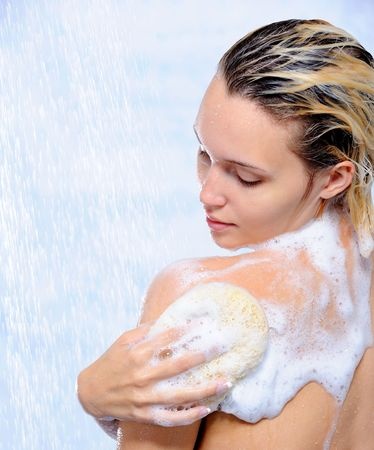
Douching is a common practice, but do gynecologists recommend it?
Vaginal douching is washing the vagina with water or other fluids. Prepackaged douches often contain vinegar, baking soda, iodine as well as fragrances. Most women are familiar with the prepackaged kits available over-the-counter. These kits contain a small bottle of solution with a nozzle or tube that is used to place the liquid in the vagina.
Between 20 to 40 percent of American women aged 15 to 44 douche on a regular basis and approximately half of them douche weekly. Women douche for a variety of reasons including cleaning the vagina routinely or after menstrual periods, reducing vaginal odor and preventing pregnancy or sexually transmitted diseases (STDs), although douching has not been shown to be effective or necessary.
Not only is douching ineffective, it can actually lead to health problems. Douching can disrupt the balance of the normal bacteria that reside in the vagina and reduce the natural acidic environment of a healthy vagina, allowing harmful bacteria to grow.
Gynecologists recommend against douching because it can lead to vaginal irritation, vaginal infection, vaginal dryness, pelvic inflammatory disease (PID), and increased risk of STDs. Untreated, these conditions can lead to difficulty conceiving and higher chances for ectopic pregnancy.
If you notice a strong vaginal odor, contact your OBGYN, since it could be a sign of a vaginal or urinary tract infection. Other signs of infection or sexually transmitted diseases include thick yellow, green or white vaginal discharge; painful urination; burning; vaginal redness and painful intercourse.
The vagina is designed to clean itself naturally without douching. The vagina produces mucus, which works to clean away vaginal discharge, menstrual blood and semen from inside the vagina. Introducing solutions and chemicals into the vagina is not advised. Washing regularly with soap and water is sufficient for external hygiene.





